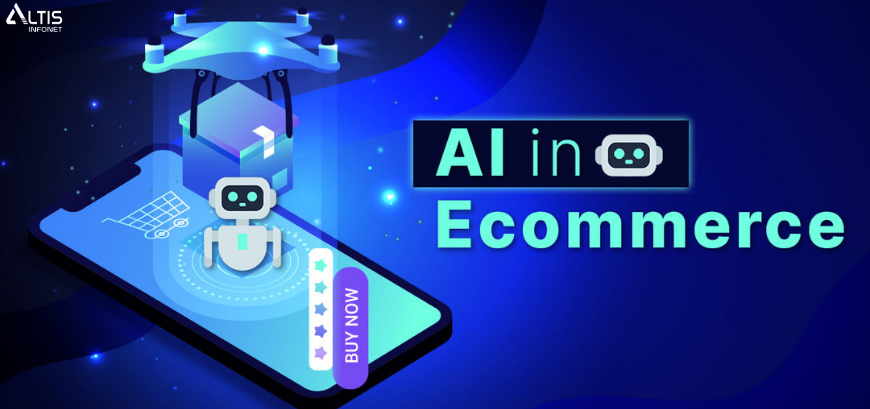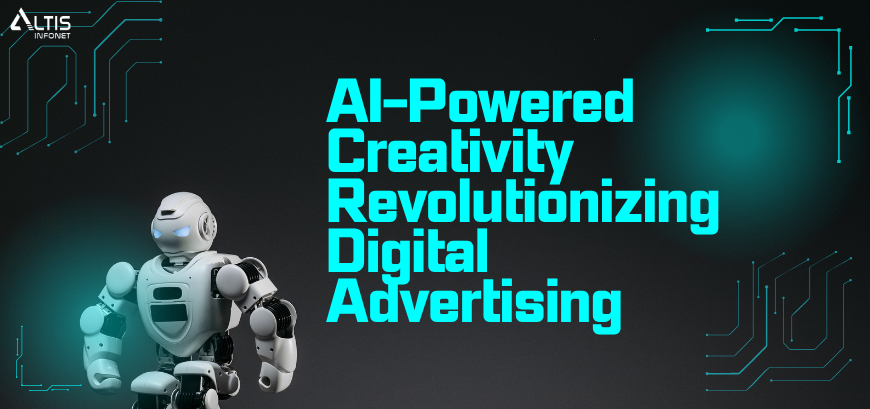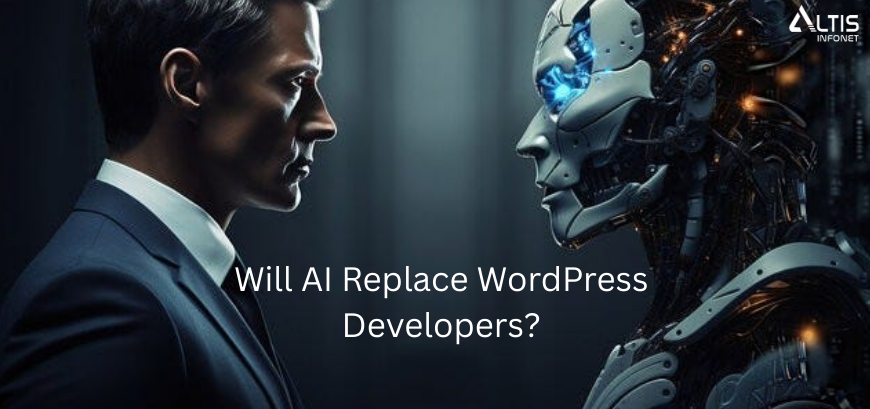As search engines increasingly integrate AI—like Google’s Gemini and OpenAI’s ChatGPT—your website’s compatibility with AI algorithms is now crucial for rankings. An AI-friendly site delivers clear, structured, and authoritative content that satisfies both users and machine-learning models. In this guide, we’ll show you how to audit your website for AI readiness and implement optimizations to boost visibility in the age of AI-powered search. Stay ahead of the curve and future-proof your SEO strategy!
Why AI Optimization is the Future of Web Development
The digital landscape is undergoing a seismic shift. With AI now powering search algorithms, chatbots, and voice assistants, websites must evolve beyond human-centric design to become AI-friendly.
Starting 71% of consumers prefer voice search over typing, and Google’s algorithms increasingly rely on AI to assess content quality, technical performance, and user experience. If your website isn’t optimized for AI, you risk:
✔ Lower search rankings
✔ Reduced user engagement
✔ Missed conversion opportunities
This guide will walk you through how to audit your website for AI compatibility and implement key optimizations to stay competitive.
What Makes a Website AI-Friendly?
AI evaluates websites differently than humans. While visitors focus on visuals and usability, AI crawlers analyze:
1. Technical Performance
- Page speed (load time under 3 seconds)
- Mobile responsiveness (Google’s mobile-first indexing)
- Structured data (schema markup for better content understanding)
2. Content Quality & Semantic Relevance
- Natural language processing (NLP) – Does your content match user intent?
- Topic depth – Does it provide comprehensive answers?
- Multimedia optimization – Are images and videos properly tagged?
3. User Experience Signals
- Low bounce rates (engaging, relevant content)
- High session duration (visitors stay longer)
- Intuitive navigation (easy-to-find information)
4. Voice Search & AI Features
- Conversational keywords (long-tail, question-based queries)
- Featured snippet readiness (clear, concise answers)
- AI-powered chatbots (instant customer support)
Key Insight: AI doesn’t just crawl your site—it learns from user interactions to determine rankings.
How to Audit Your Website for AI Compatibility
Step 1: Content Quality & Semantic Analysis
AI prioritizes deep, relevant content over thin, keyword-stuffed pages.
What to Check:
- Does your content answer user intent? (Use tools like MarketMuse, Clearscope)
- Are you using related terms and natural language?
- Do images/videos have alt text and descriptions?
Fix:
- Rewrite shallow content into in-depth guides
- Use semantic keywords (e.g., not just “best shoes” but “best running shoes for flat feet”)
- Implement FAQ schema for voice search
Step 2: Technical SEO Audit
Slow, poorly structured sites frustrate both users and AI.
What to Check:
- Page speed (Google PageSpeed Insights)
- Mobile responsiveness (Mobile-Friendly Test)
- URL structure (clean, logical hierarchy)
Fix:
- Compress images, enable caching
- Use responsive design (test on multiple devices)
- Fix broken links and improve crawlability
Step 3: Structured Data & Schema Markup
Schema markup helps AI understand and display your content better.
What to Check:
- Do product pages use Product Schema?
- Are FAQs marked up for rich snippets?
- Is business info optimized for local SEO?
Fix:
- Use Google’s Structured Data Markup Helper
- Implement Review Schema for testimonials
- Add Breadcrumb Schema for better navigation
Step 4: Voice Search Optimization
With voice search growing rapidly, your content must adapt.
What to Check:
- Are you using question-based phrases? (e.g., “How do I…?”)
- Do you have concise, direct answers?
- Is your content conversational?
Fix:
- Optimize for long-tail, natural-language queries
- Create FAQ pages with clear answers
- Use AnswerThePublic for voice search trends
Step 5: AI-Powered Features
Enhance UX with AI-driven tools:
- Chatbots (24/7 customer support)
- Personalized recommendations (dynamic content)
- Predictive search (improves navigation)
Top 5 Fixes for an AI-Friendly Website
- Speed Up Your Site – AI hates slow-loading pages. Aim for under 3 seconds.
- Improve Structured Data – Helps AI categorize and rank your content.
- Optimize for Voice Search – Use natural language and question-based content.
- Enhance Mobile Experience – Google prioritizes mobile-first indexing.
- Add AI Tools – Chatbots, dynamic content, and automated SEO audits.
Conclusion: Future-Proof Your Website for AI
AI is no longer optional—it’s essential for SEO, engagement, and conversions. By conducting an AI audit and implementing these optimizations, you’ll ensure your website ranks higher, engages users better, and stays competitive.
Final Thoughts
The future of web development is AI-driven. Businesses that adapt now will outrank competitors, attract more traffic, and deliver superior user experiences. Don’t wait—audit and optimize your website today!
Want To Audit Your Website?
Altis Infonet is a Web Development and Digital Marketing company with a focus on client servicing through knowledge-based solutions. Our team of experts will help make your digital dreams come true!
Need Help? If auditing and optimizing seem overwhelming, consider partnering with our agency specializing in AI-friendly design.





